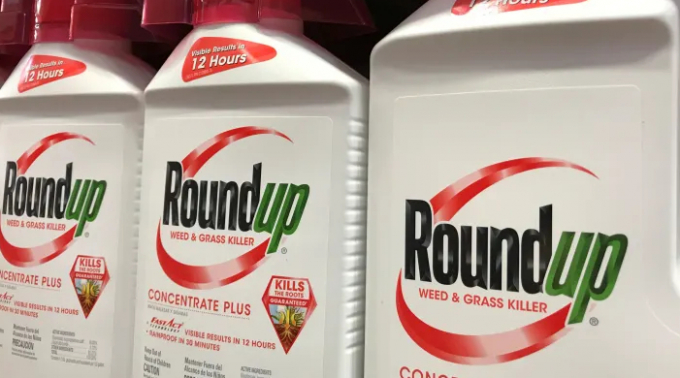May 29, 2025 | 19:52 GMT +7
May 29, 2025 | 19:52 GMT +7
Hotline: 0913.378.918
May 29, 2025 | 19:52 GMT +7
Hotline: 0913.378.918

In a 3-0 decision, the 9th U.S. Circuit Court of Appeals agreed with several environmental, farmworker and food-safety advocacy groups that the EPA did not adequately consider whether glyphosate causes cancer and threatens endangered species.
The litigation began after the EPA reauthorized the use of glyphosate in January 2020.
Groups including the Natural Resources Defense Council, the Center for Food Safety and the Rural Coalition, which represents farmworkers, faulted the agency for rubber-stamping glyphosate despite its alleged harms to agriculture, farmers exposed during spraying, and wildlife such as the Monarch butterfly.
Circuit Judge Michelle Friedland wrote for the Pasadena, California-based appeals court that the EPA did not properly justify its findings that glyphosate did not threaten human health and was unlikely to be carcinogenic to humans. She also faulted aspects of the agency’s approval process.
Bayer’s Monsanto unit, which makes Roundup, opposed groups challenging the EPA reauthorization. Friday’s decision does not prevent people from using Roundup or similar products.
An EPA spokeswoman said the agency will review the decision.
Bayer said the EPA conducted a “rigorous assessment” of more than 40 years of science, and believes the agency will continue to conclude that glyphosate-based herbicides are safe and are not carcinogenic.
George Kimbrell, a lawyer for the Rural Coalition, in an interview called the decision “a historic victory for farmworkers, the public and endangered species.”
Bayer has faced tens of thousands of lawsuits claiming that Roundup causes cancer and other illnesses.
The U.S. Supreme Court is expected to decide soon whether to hear the German company’s appeal of a $25 million damages award to Edwin Hardeman, a Roundup user who blamed his cancer on its weed killers.
The cases are Natural Resources Defense Council et al v EPA, 9th U.S. Circuit Court of Appeals, No. 20-70787, and Rural Coalition et al v EPA et al in the same court, No. 20-70801.
CNBC

(VAN) Vikas Rambal has quietly built a $5 billion business empire in manufacturing, property and solar, and catapulted onto the Rich List.

(VAN) Available cropland now at less than five percent, according to latest geospatial assessment from FAO and UNOSAT.

(VAN) Alt Carbon has raised $12 million in a seed round as it plans to scale its carbon dioxide removal work in the South Asian nation.

(VAN) Attempts to bring down the price of the Japanese staple have had little effect amid a cost-of-living crisis.

(VAN) Fourth most important food crop in peril as Latin America and Caribbean suffer from slow-onset climate disaster.

(VAN) Shifting market dynamics and the noise around new legislation has propelled Trouw Nutrition’s research around early life nutrition in poultry. Today, it continues to be a key area of research.

(VAN) India is concerned about its food security and the livelihoods of its farmers if more US food imports are allowed.